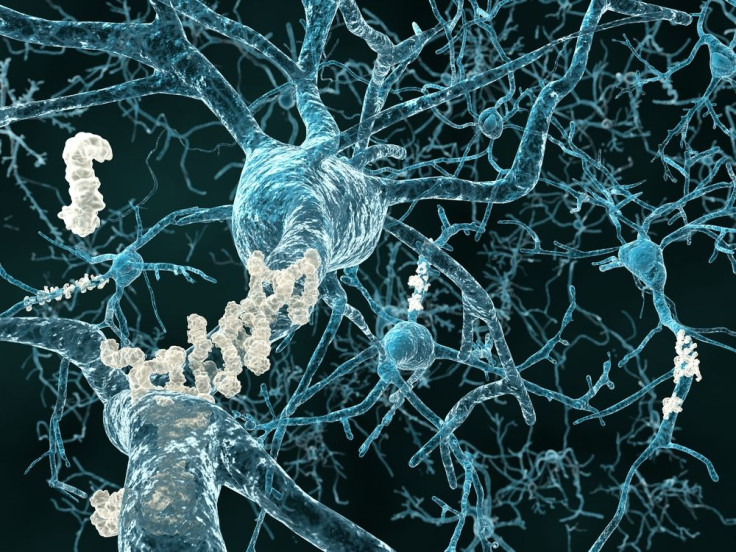Sleep Problems May Spur Development Of Amyloid Plaques, Leading To Alzheimer's

In case you didn’t know, sleep is critical to proper functioning. It gives our brains a moment to rest, allowing neurons to reconnect or make new connections, thus consolidating memory, and improving focus, attention, and vigilance the next day. Studies have shown that losing sleep can even lead to the destruction of brain cells, and that’s not including the effects of lost sleep on the immune system and the heart. Now, a new study shows that getting a poor night’s rest might also encourage the development of Alzheimer’s disease.
Researchers from the University of Wisconsin, Madison found that people who reported trouble sleeping were more likely to have amyloid deposits present in their brains. As a sticky protein called beta-amyloid progressively clumps together in a person’s brain, it forms into plaques, which go on to block neuronal signals. Eventually, they trigger inflammation too, which further destroys cells. Amyloid plaques are a hallmark of Alzheimer’s disease, along with neurofibrillary tangles, which are made of dysfunctional tau proteins that disrupt cellular communication. It’s unclear exactly how the two develop, but once they do, the brain and its functions deteriorate after only a few years.
For the current study, which was presented on Monday at the American College of Neuropsychopharmacology annual meeting in Phoenix, Ariz., researcher Ruth Benca and her team looked at sleep quality and amyloid levels in 98 healthy patients aged 50 to 73 who participated in the Wisconsin Registry for Alzheimer’s Prevention. They completed questionnaires about their sleep and related problems, and then underwent brain scans so the team could observe any amyloid deposits. Patients who had trouble sleeping were more likely to have amyloid deposits, specifically in the cerebral cortex, which plays a critical role in memory, attention, awareness, and thought.
Previous studies have also found correlations between lost sleep and reduced brain function. One 2012 study, for example, found that participants who woke up more than five times within an hour of sleep, or those who spent less than 85 percent of their time in bed sleeping, were more likely to have amyloid plaques. Another study found that having sleep apnea, which causes a person to repeatedly stop breathing during sleep, was associated with a higher level of tangles.
Still, it’s unclear which came first, cognitive decline or sleep problems. “We still need to determine whether sleep disturbance promotes amyloid deposition in the brain, or if a neurodegenerative process produces disordered sleep,” Benca said in a press release. If the scientists can figure that out, they’ll be better equipped to identify biomarkers of Alzheimer’s sooner.
Over five million Americans live with Alzheimer’s, according to the Alzheimer’s Association. Another 500,000 die each year from the disease, which typically develops after age 65 and affects women more than twice as much as men.
Source: Benca R, et al. At The American College of Neuropsychopharmacology Annual Meeting. 2014.
Published by Medicaldaily.com



























